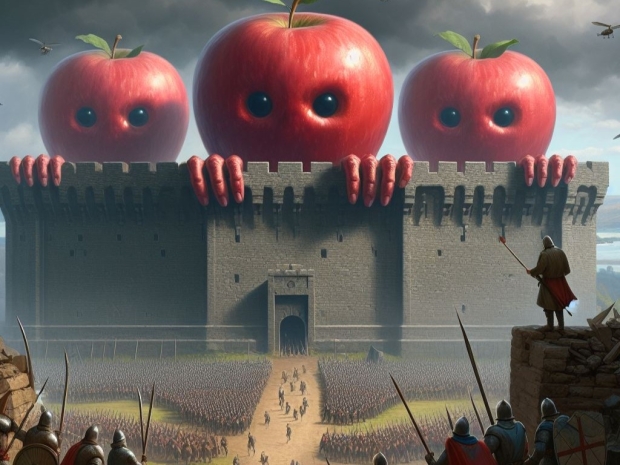Irate iPhone users have dragged Apple to court in California and New Jersey, alleging the company’s iron-fisted tactics have inflated prices and stifled competition. Echoing the Justice Department, the lawsuits claim Apple’s stranglehold has smothered rival tech in messaging apps, digital wallets, and more, keeping competitors at bay in the smartphone bazaar.
Apple, holed up in its Cupertino fortress, has shrugged off the government’s charges. The company remained silent when prodded for a comment on the consumer-led legal blitz.
Steve Berman, the legal eagle whose firm launched one of the fresh lawsuits, crowed about his previous tussle with Apple over its Apple Pay monopoly. “The dog’s nod to our battle is a feather in our cap,” Berman beamed. Meanwhile, Apple is already fighting in court over claims that it’s muscled out rivals in the iPhone app market. A judge has given the green light for a class action that could see millions of consumers take a bite out of Apple, but Apple stands defiant, denying any foul play.
Berman’s firm, Hagen’s Berman, has previously settled with Apple for a hefty €504.59 million over ebook price-fixing and App Store shenanigans.
Meanwhile, the DOJ has accused Apple of trying to bully Android users.
"In addition to degrading the quality of third-party messaging apps, Apple affirmatively undermines the quality of rival smartphones. For example, if an iPhone user messages a non-iPhone user in Apple Messages – the default messaging app on an iPhone – then the text appears to the iPhone user as a green bubble and incorporates limited functionality: the conversation is not encrypted, videos are pixelated and grainy, and users cannot edit messages or see typing indicators.
“This signals to users that rival smartphones are lower quality because the experience of messaging friends and family who do not own iPhones is worse – even though Apple, not the rival smartphone, is the cause of that degraded user experience. Many non-iPhone users also experience social stigma, exclusion, and blame for ‘breaking’ chats where other participants own iPhones. This effect is potent for certain demographics, like teenagers – where the iPhone’s share is 85 per cent, according to one survey. This social pressure reinforces switching costs and drives users to continue buying iPhones – solidifying Apple’s smartphone dominance not because Apple has made its smartphone better, but because it has made communicating with other smartphones worse.”

